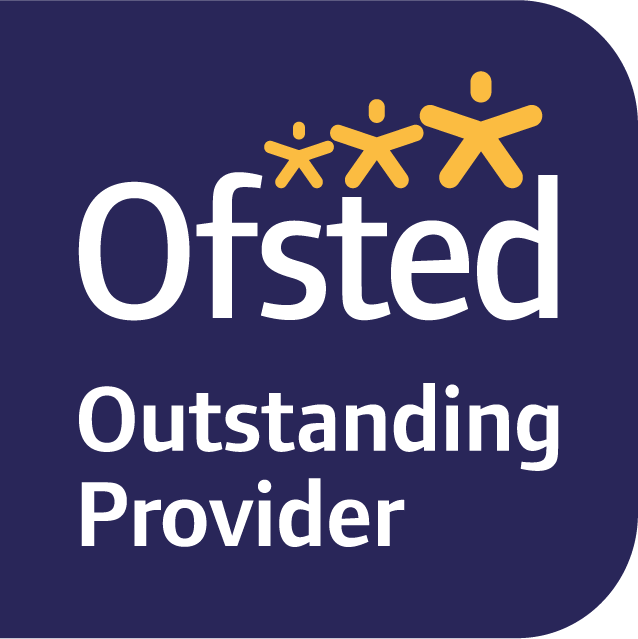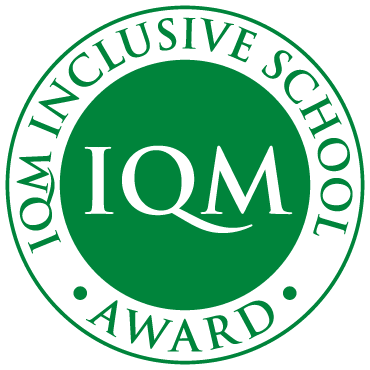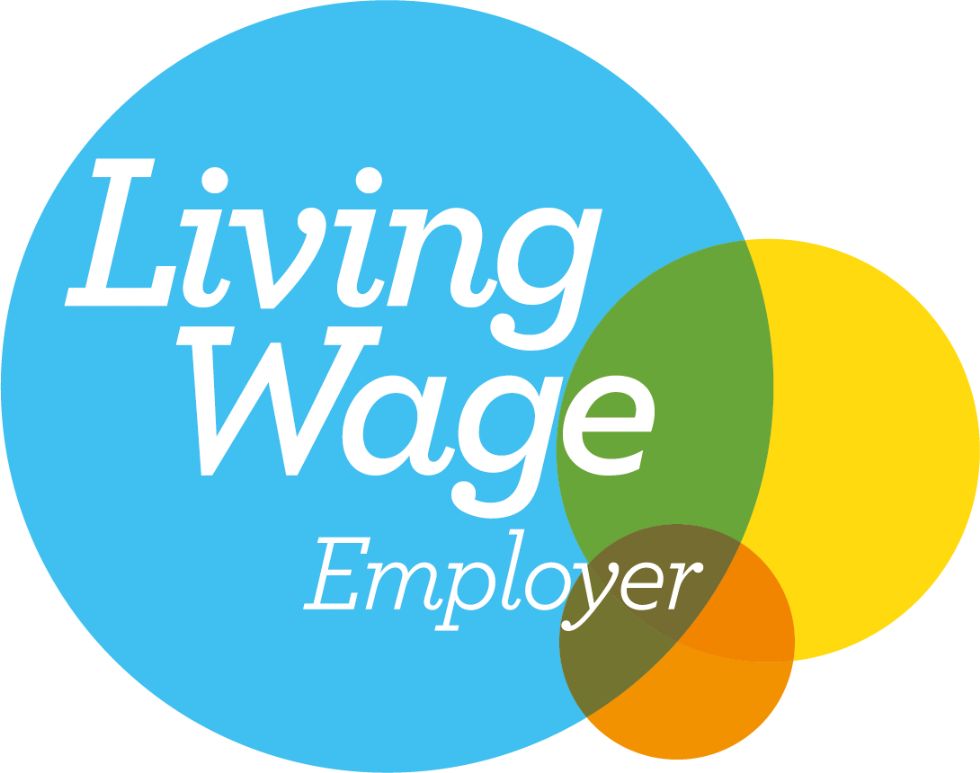Data, photos, and online learning
Jump to:
1. How we take care of data including photos:
- What is personal data?
- Consent: when and for what
- Photos in particular
- Taking care of other personal data in school
2. Safe online learning
7.5-minute read (estimate)
Try listening?!
android: this Microsoft support page tells you how
iphone: this page apple support page tells you how
1. How we take care of data
What is personal data?
Personal data is anything that allows one person to know who another person is.
Consent: when the law says we need it
There are some things we can do with Personal Data without asking for consent.
There are some things we can do because we have a contract with you.
There are other things which we can only do with your consent.
Examples where the law says we WILL NOT need your consent:
- We take photos of your child to record their learning. We stick these photos in their Special Book. This is part of how we track their learning. It's called a public task: it lets us do our job as a school.
- Sometimes we have a concern about a child's safety. We can share our concerns with people or agencies who will support the child.
- We send data to the Department for Education. We have a legal obligation to do this: we must.
Examples where the law says we WILL need your consent:
- to put photos of your child where anyone might see them. This could be on the classroom wall or on their name card.
- to post a photo or video of your child on Class Dojo. Class Dojo is a password-protected learning platform. We use it to extend learning outside the school. Only current families and staff can access it.
- to use your child’s photo to advertise the schools or to show our work. This could be on the school website, on leaflets, or when we train other settings.
We ask all new parents/carers for consent for the things we do often. We ask again when something unusual happens.
At any time you can:
- change your mind about what you have consented to
- ask to see any photos we have taken
To do this, please email the school.
Photos in particular
Photos we take in school
- We check your child is happy. We only take photos when they are OK with it at the time.
- We only take images of children in suitable dress.
- When we display children's photos, we only use their first name. This happens on their name card. It helps them learn to read their name. Most of the time we don't label photos with names at all.
- When we save photos, we don't include names. This stops us sharing names linked to photos by accident.
- Staff must not take photos or videos on their own phone.
Photos you take
At some events, we say you can take photos or videos. BUT:
- Your child wants to see you looking at them, not at your phone.
- The British Psychological Society says you remember things better by watching them.
Why not take photos of them before or after the show? This also helps you avoid taking photos of other children.
You must not share photos of other children:
- There may be cultural reasons why this is not OK. There may be legal reasons why it would put a child in danger.
- Legally, you need formal consent from the parents/carers of each child to do this.
- Photos and videos don't disappear when we delete them. Be good role models: don't overshare. Don't store up embarrassment for your future teenage child.
Live streaming, public or private, is never allowed in school. We may ask people who stream events to leave the premises.
Taking care of other personal data in school
Our privacy notice lists the laws that let us handle personal data:
- with consent
- without consent
- how we keep data safe.
Read the full Online Safety Policy on the Our policies page. It tells you even more about online safety in our schools. You can also read other relevant policies, e.g. Safeguarding or Behaviour, there.
2. Safe online learning
In school
Children and adults don't go online in school very often. When they do, it is:
- with a grown-up
- to follow up their questions and learning
- filtered by the London Grid for Learning (LGfL) firewall. LGfL updates this firewall at least every day. It keeps inappropriate materials out.
Very rarely, something upsetting gets through the firewall. Schools can't be held responsible for the nature and content of upsetting content. But we will do everything in our power to support children if this happens.
We share stories, activities, and things we've made in the online classroom Class Dojo. If ever the schools have to close, we do remote learning on Class Dojo. Children need a safe and proper place to join in video calls with school.
- Make sure your child is fully dressed.
- When you can, blur or change the background.
- It's better not to be in a bedroom.
When they have to be in their bedroom:
- Your child shouldn’t be in bed.
- The camera should point away from beds and personal stuff.
If you arrange private online tuition:
Check that the tutor is registered, safe and reliable:
- Take references.
- Ask to see their DBS (criminal record) check.
- Look into the safety features on the platform they want to use.
- Stay in the room.
Be clear with your child:
- You always arrange the next session. They say no to new sessions or chats that the tutor suggests.
- No private messages with tutors.
- Tutors are teachers, not friends. The tutor shouldn't either tell them or ask them for personal information.
- The only OK secret is a surprise. Everyone shares a surprise when the time is right. Secret surprises are OK. Secrets they can't share are not OK. Be clear with your child. They tell you if anyone ever says something is a secret they can't tell.
Home networks are much less secure than school ones. Online safety, lesson 3 on this website tells you how to protect your family.






